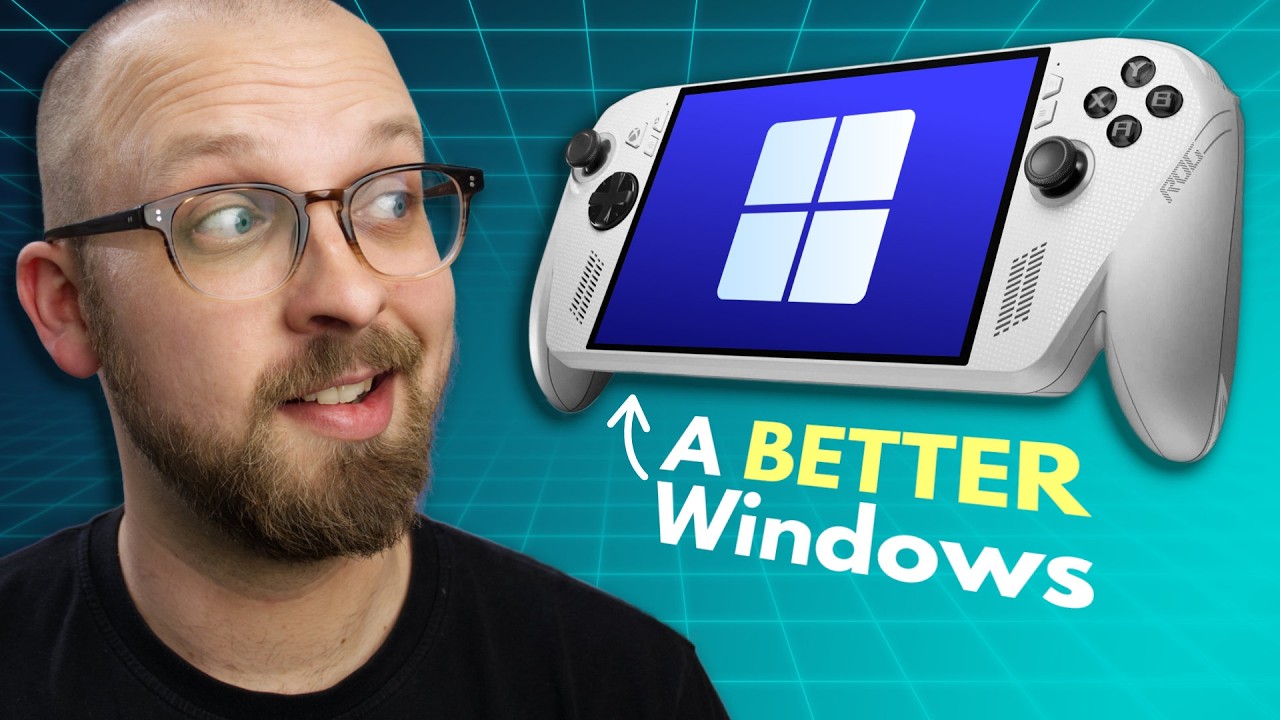Microsoft is launching a new Xbox handheld device developed with Asus that functions as a PC, allowing local gaming from multiple stores and featuring a unified game library, set to release on October 16th. Additionally, the video covers major tech updates including US government investment in Intel, Google’s Pixel and Pixel Watch upgrades, new product launches from Samsung, Asus, Sony, and Vivo, as well as industry news on pricing, AI advancements, and software improvements.
This week’s tech roundup begins with Microsoft unveiling details about their upcoming Xbox handheld device, developed in partnership with Asus. Interestingly, this device is technically a PC rather than a traditional Xbox, allowing it to run games locally from various stores like Steam, Epic Games, and Ubisoft, while Xbox store games require streaming. The system features a unified game library and clear labels for handheld-optimized games, promising better performance by booting directly into a full-screen Xbox UI without loading the Windows desktop. Early impressions from reviewers are positive, and the device is set to launch on October 16th, though pricing remains unknown.
In government and corporate news, the US government is negotiating to acquire a 10% stake in Intel, aiming to receive equity in exchange for funding rather than just grants. This move aligns with a broader push to ensure taxpayer money yields returns, especially given Intel’s role in producing chips for the US military. Meanwhile, SoftBank has invested $2 billion in Intel shares, and rumors suggest it might buy Intel’s foundry business. While government ownership could raise trust issues for foreign chipmakers, the approach reflects a shift toward more strategic investment in critical technology sectors.
Google’s new Pixel lineup introduces several incremental but meaningful upgrades. All Pixel phones now support G2 magnets compatible with MagSafe accessories, and the Pixel Pro XL features faster 25W charging. The new Tensor chips, manufactured on a 3nm process by TSMC, promise better efficiency and less overheating. Camera improvements include AI-enhanced zoomed photos, and the Pixel Fold gains an IP68 rating for dust and water resistance. The Pixel Watch also sees a major update with a larger screen, more efficient chip, satellite connectivity, and improved repairability, collectively enhancing the user experience.
Other notable product releases include Samsung’s mid-range Galaxy Buds 3 FE with practical design tweaks, Asus’s powerful and heavy 30th anniversary 5090 graphics card, and the upgraded Insta360 Go Ultra camera with 4K 60fps recording and ND filter support. Sony expanded its Inzone brand to PC gaming peripherals, and Vivo introduced a mixed reality headset with Apple-inspired design elements. Additionally, a quirky new phone grip from Shar doubles as a power bank and shutter button, showcasing creative accessory innovation.
The video also covers various tech industry updates: Sony raised PlayStation 5 prices in the US due to tariffs; Google Photos now supports AI-powered photo edits via voice commands; Google Home integrates Gemini for smarter voice control; and Meta took a $29 billion loan to fund AI data centers. Russia mandated pre-installation of a government-backed messaging app on devices, while Windows is finally improving dark mode support in system prompts. The host concludes by recommending the Insta360 Link 2C webcam for superior video and audio quality during calls, highlighting a current discount offer.
